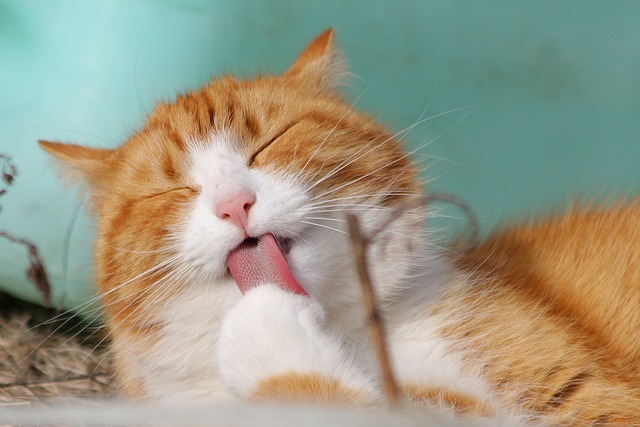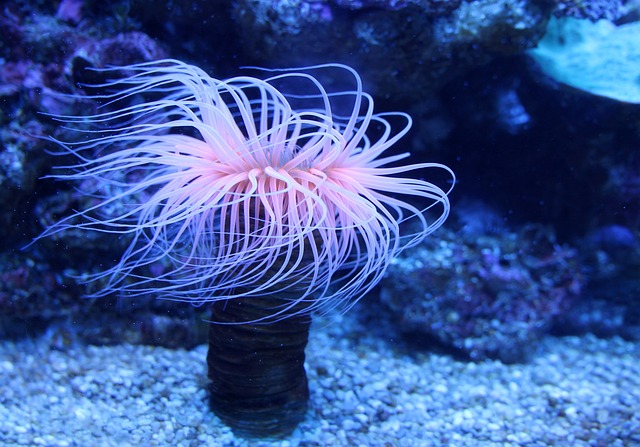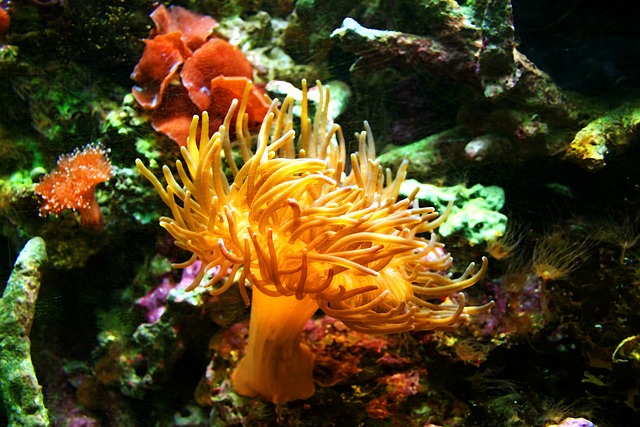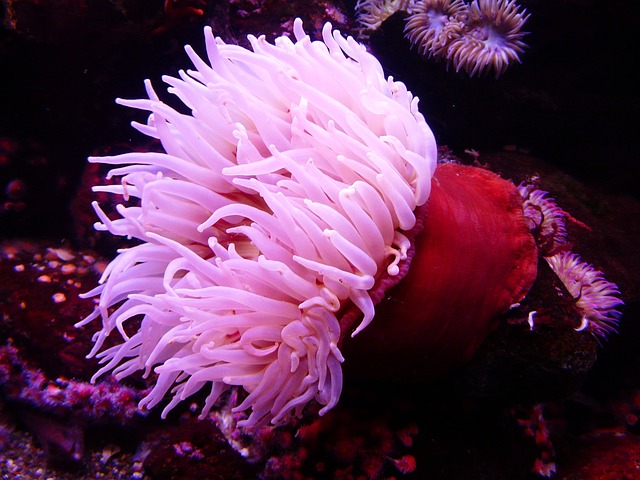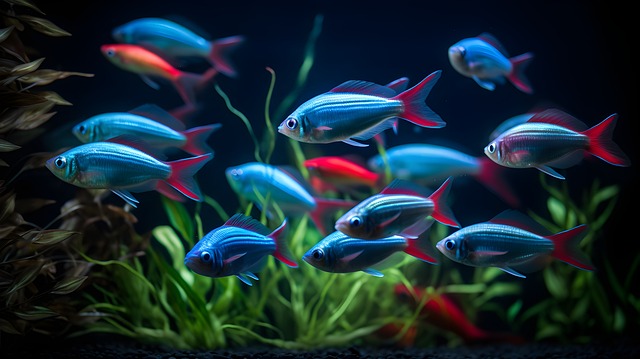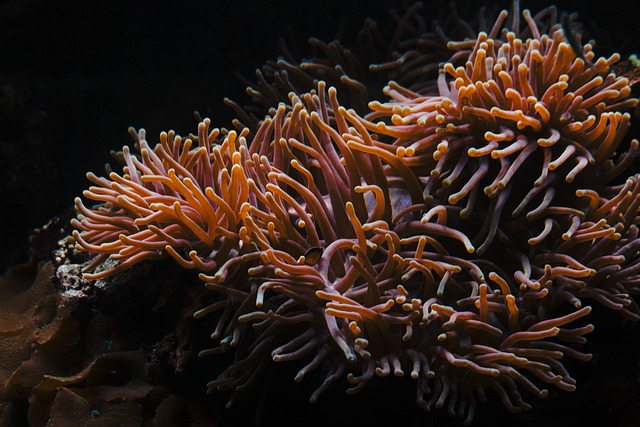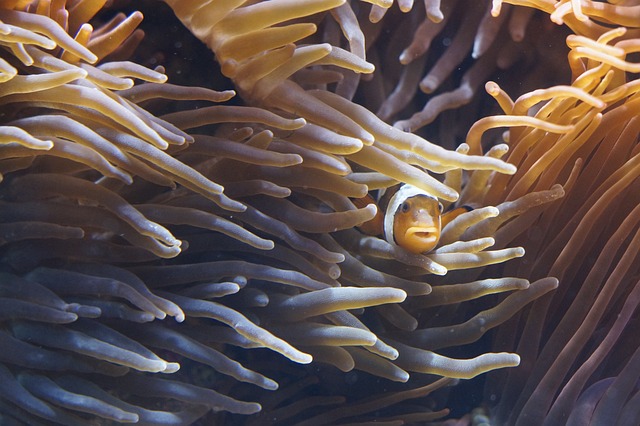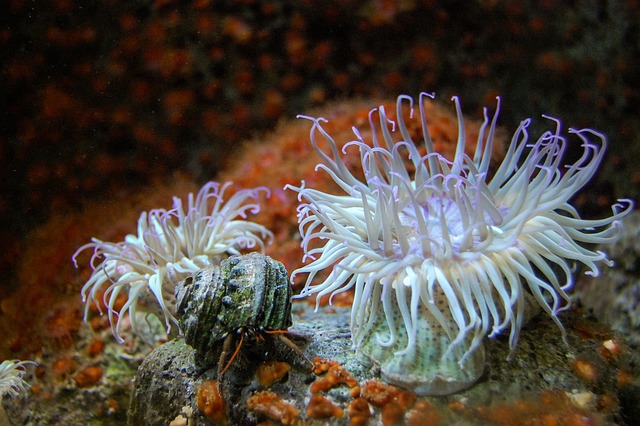Cats and fish have a long-standing relationship, and it’s not always peaceful. As natural predators, cats hunt and kill smaller animals, including fish. So, of course, this raises the question: do cats eat guppies?
The answer is yes; cats do eat guppies.
Guppies are small and colorful fish that are commonly kept as pets. Unfortunately, they are also a popular food source for many predators, including cats. Cats are intuitive to hunt and kill, and guppies are an easy target due to their small size and slow swimming speed.
While some cats may not be interested in guppies, others may see them as a tasty snack. Cat owners need to be aware of this potential danger and take steps to protect their fish.
This article will explore the relationship between cats and guppies and provide tips for keeping both pets safe and happy in the same household.
Can Cats Eat Guppies?
What Are Guppies?
Guppies are small freshwater fish that are commonly kept as pets in aquariums. They are known for their bright colors and active behavior, making them a popular choice for fish enthusiasts. Unfortunately, guppies are also a popular food choice for many predatory animals, including cats.
What Do Cats Eat?
Cats are obligate carnivores, meaning they require a diet primarily of animal protein. In the wild, cats hunt and eat a variety of prey, including fish. Domestic cats are typically fed a diet of commercial cat food formulated to meet their nutritional needs.
While some cat foods contain fish as an ingredient, it is essential to note that not all cats enjoy or can tolerate fish-based diets.
Are Guppies Safe for Cats to Eat?
While cats may be attracted to guppies’ movement and coloration, feeding them to cats is not recommended. Guppies are not nutritionally complete for cats, and they may contain harmful parasites or bacteria that can make cats sick.
Guppies are often treated with chemicals and medications to prevent disease, which can harm cats if ingested.
In conclusion, while cats may be interested in eating guppies, it is not a safe or recommended food for them. Therefore, it is essential to provide cats with a nutritionally complete diet that meets their specific needs and to avoid feeding them any foods that may be harmful or cause illness.
What Happens If a Cat Eats a Guppy?
If a cat eats a guppy, it may experience guppy poisoning. Guppies are small freshwater fish that are often kept as pets in aquariums. While guppies are not toxic to cats, they can cause gastrointestinal upset if ingested.
Symptoms of Guppy Poisoning in Cats
Symptoms of guppy poisoning in cats can include vomiting, diarrhea, and loss of appetite. In severe cases, the cat may become lethargic and dehydrated. If you notice any of these symptoms in your cat after it has eaten a guppy, it is essential to seek veterinary care immediately.
What to Do If Your Cat Eats a Guppy
If your cat eats a guppy, monitoring it closely for any signs of guppy poisoning is essential. If your cat shows any poisoning symptoms, take it to the vet immediately. The vet may recommend supportive care, such as intravenous fluids and medications to control vomiting and diarrhea.
Preventing Your Cat from Eating Guppies
To prevent your cat from eating guppies, keep the aquarium out of reach or in a secure location. You can also cover the aquarium with a lid or screen to prevent your cat from accessing the fish.
Additionally, ensure your cat has access to plenty of cat food and fresh water to discourage it from seeking other sources of nutrition.
While guppies are not toxic to cats, they can cause gastrointestinal upset if ingested. Therefore, if your cat eats a guppy, it is essential to monitor it closely for any signs of guppy poisoning and seek veterinary care immediately if necessary.
To prevent your cat from eating guppies, keep the aquarium out of reach and provide plenty of cat food and fresh water.
Alternatives to Guppies for Your Cat
Safe and Nutritious Foods for Cats
Cats are obligate carnivores, meaning they require a diet high in animal protein to thrive. So while guppies can be a tasty treat for your feline friend, you can offer many other safe and nutritious foods as an alternative.
Some examples of safe and nutritious foods for cats include:
- Cooked chicken or turkey
- Lean cuts of beef or pork
- Canned tuna or salmon (in moderation)
- Cooked eggs
- Small amounts of cheese or yogurt (as a treat)
When feeding your cat any new food, it’s important to introduce it gradually and in small amounts to avoid digestive upset.
The Importance of a Balanced Diet for Cats
In addition to offering safe and nutritious foods, it’s essential to ensure that your cat’s diet is balanced and meets all of its nutritional needs. A balanced diet for cats should include the following:
- High-quality animal protein
- Essential fatty acids
- Vitamins and minerals
- Water
Many commercial cat foods are formulated to meet these nutritional requirements. Still, it’s always a good idea to consult with your veterinarian to ensure your cat gets everything they need.
In conclusion, while guppies can be a fun and tasty treat for your cat, you can offer many other safe and nutritious foods as an alternative. Providing your cat with a balanced diet that meets its nutritional needs can help them stay healthy and happy for years.

